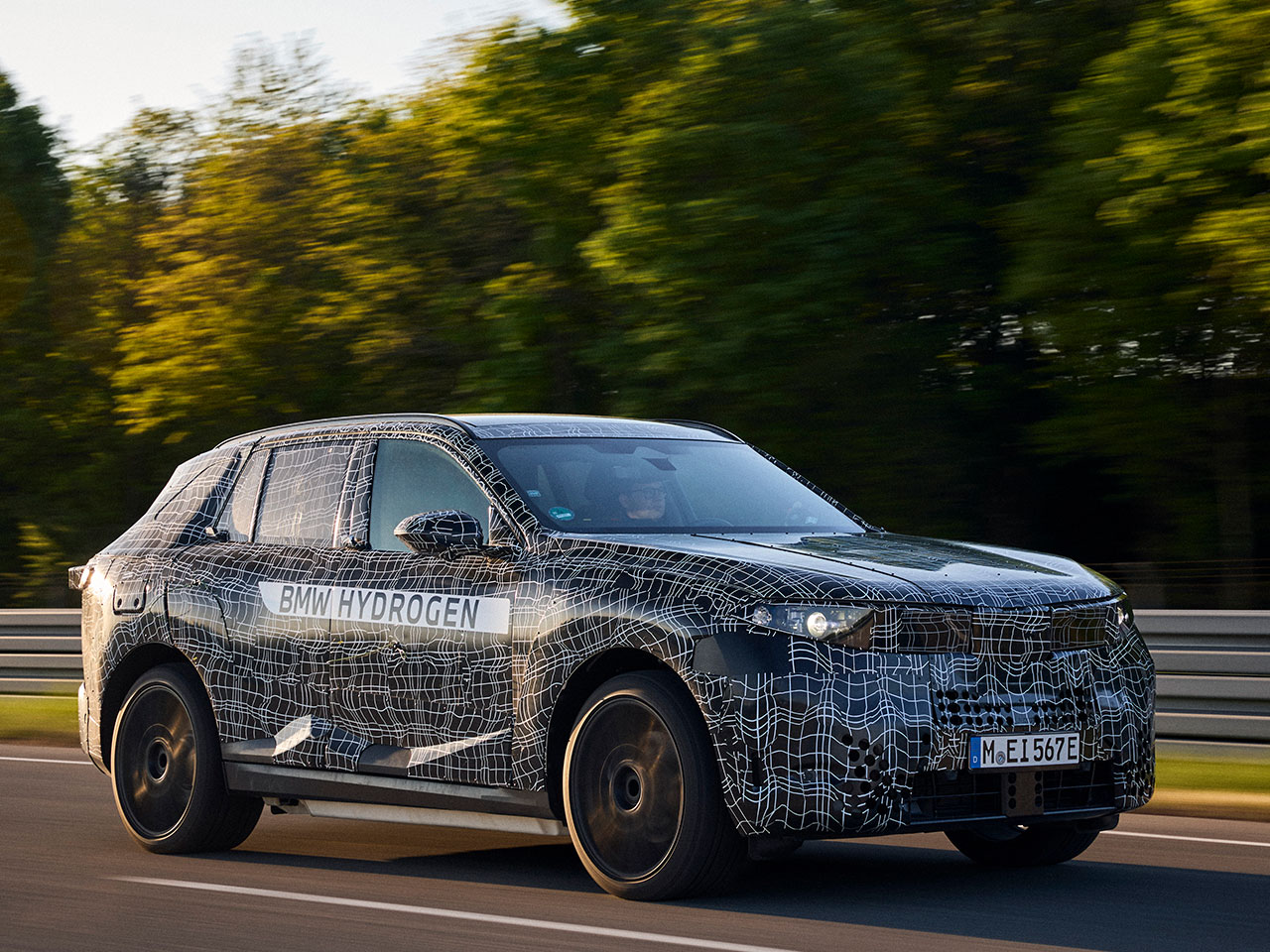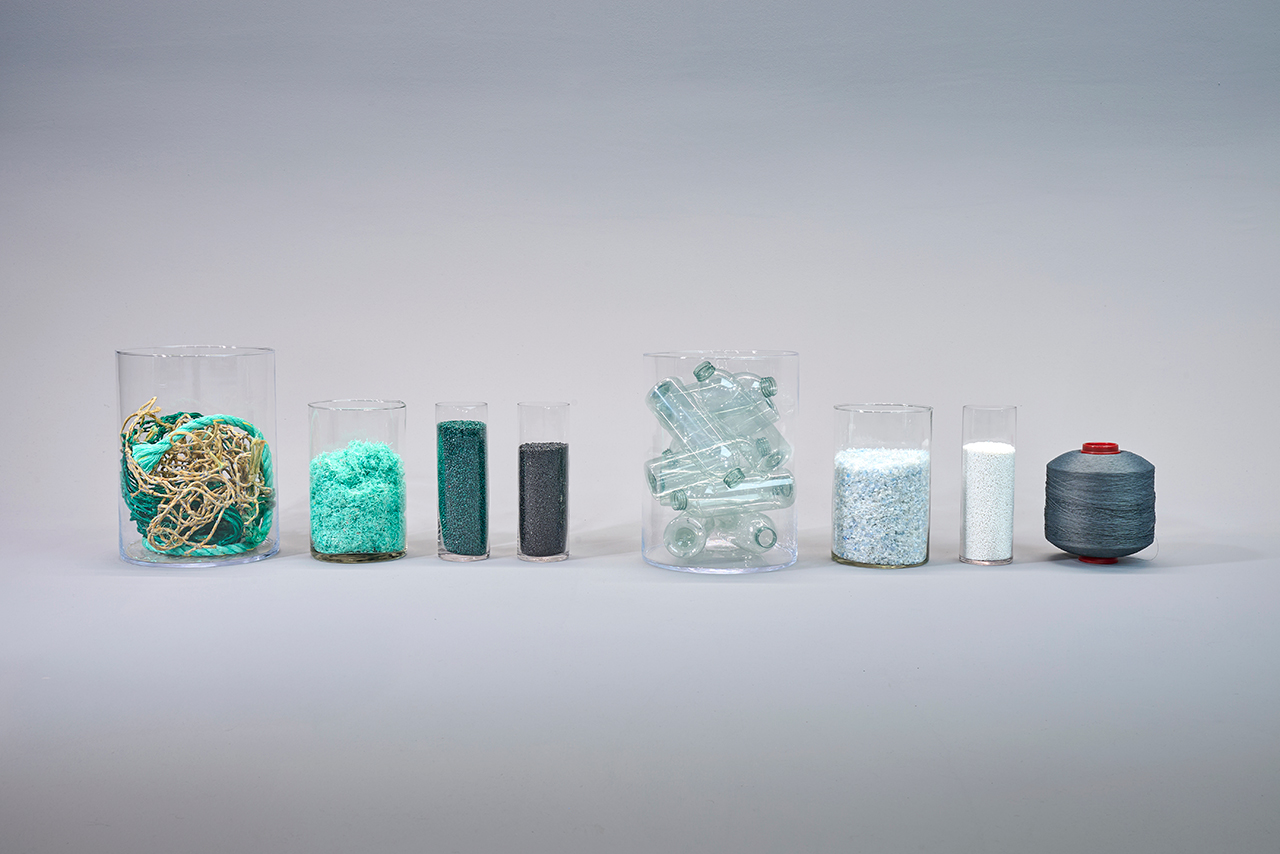As part of the Paris Climate Agreement of 2015, the EU committed to reducing greenhouse gas emissions by at least 40 percent up to 2030 compared with 1990. Designed to avert the most serious consequences of climate change, the Agreement sets out to reduce global warming to well below 2 degrees. It was ratified by 185 of the 197 nations at the World Climate Conference and also won the voluntary commitment of the BMW Group, which has reduced CO2 emissions from its vehicle fleet in Europe over the years by roughly 40 percent between 1990 and 2019. Realising all three aspects of sustainability — business, environmental and social — remains a key driver within our company.
Pioneer in sustainability
The BMW Group has a long history of sustainability. Back in 1973 it became the first company in the automotive industry to employ an environment officer. In 1992, it began to participate in the UN climate conferences. And almost ten years later, in 2001, it committed to the ten goals of the UN Global Compact. The goals of the compact range from supporting and respecting international human rights and abolishing child labour, to promoting initiatives that instil a wider sense of responsibility for the environment and employment, and the development and proliferation of eco-friendly technologies. The BMW Group’s progress on fulfilling the various principles is regularly published in the Sustainable Value Reports.
The most visible manifestation of the company’s take on sustainability came in 2013. A revolutionary approach to sustainable mobility was revealed, with the new BMW i sub-brand, the BMW i3 and i8, and mobility services. The fully thought-through, 360-degree view on the issue extends from the supply chain across vehicle operations right through to recycling. So far, over 200,000 BMW i models have been sold, as well as 400,000 other electrified BMWs and MINIs.


















